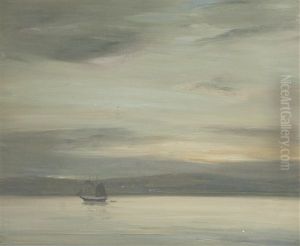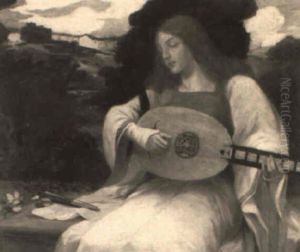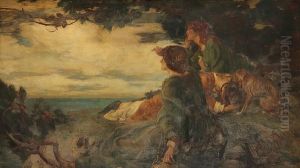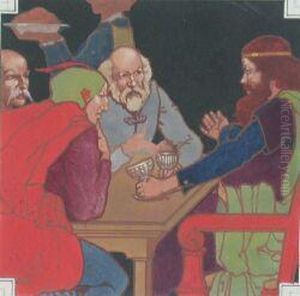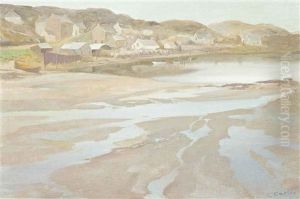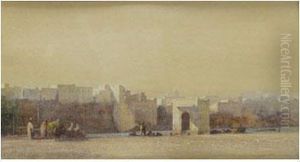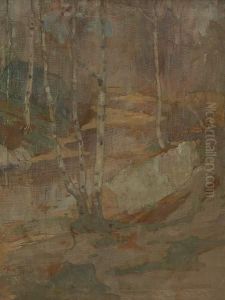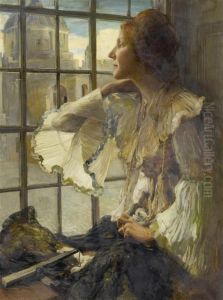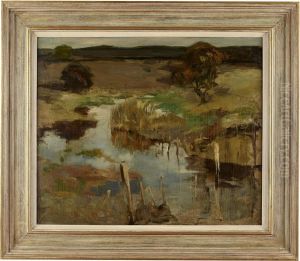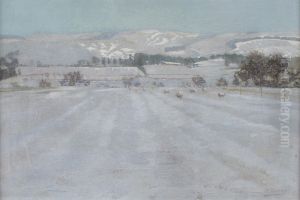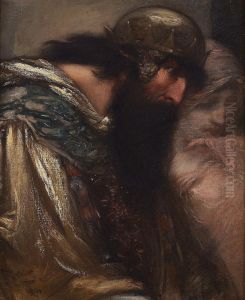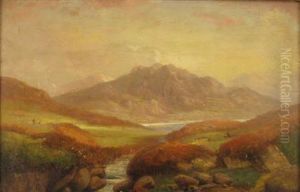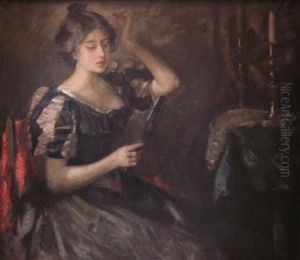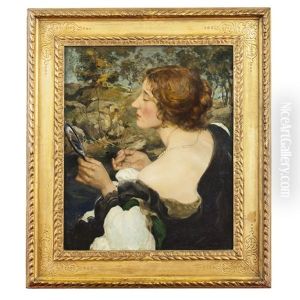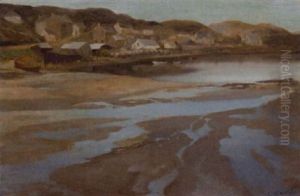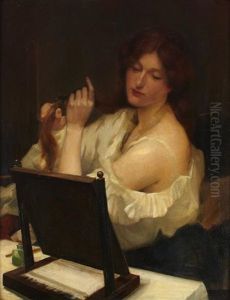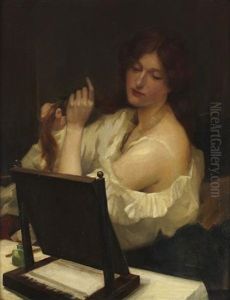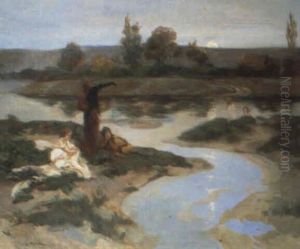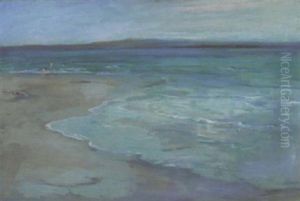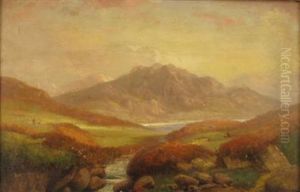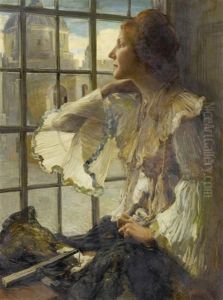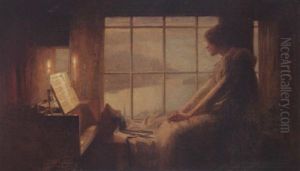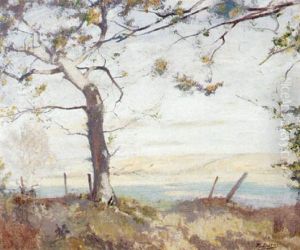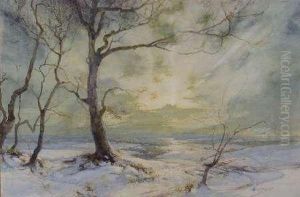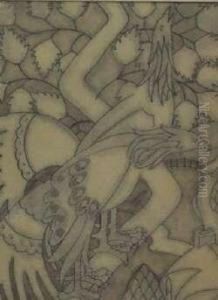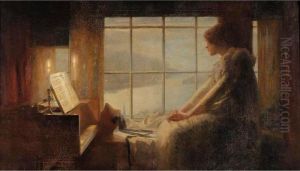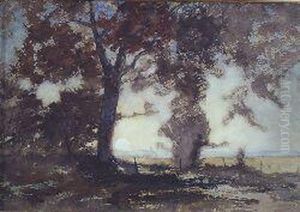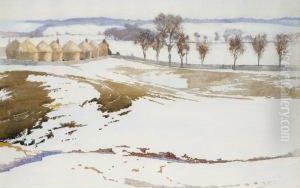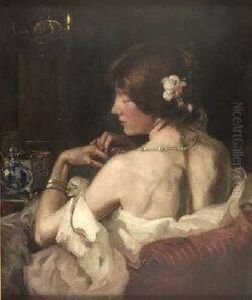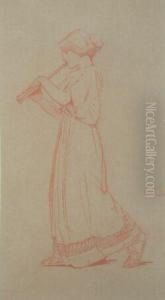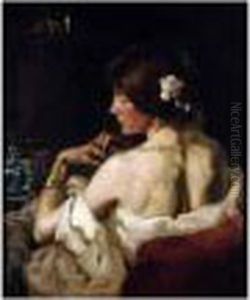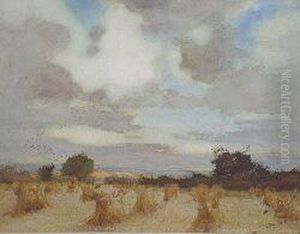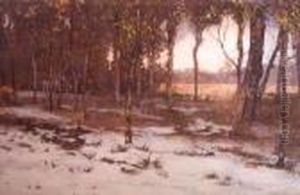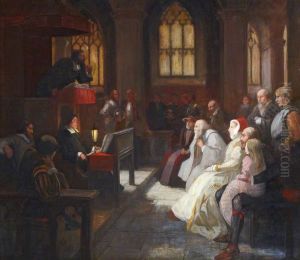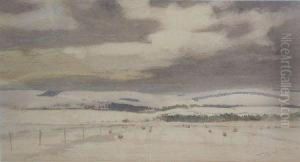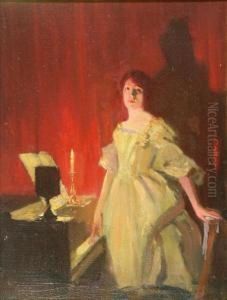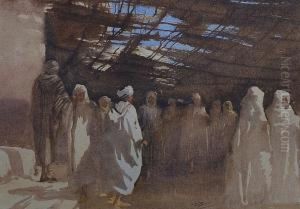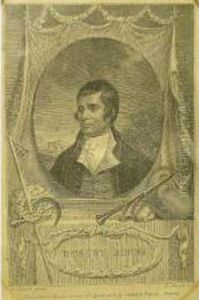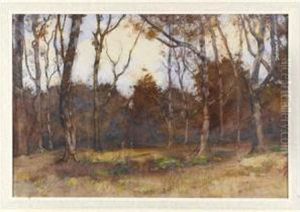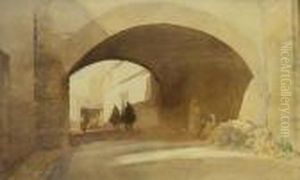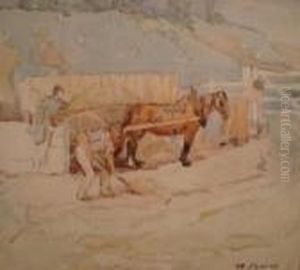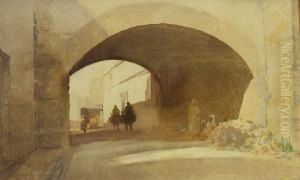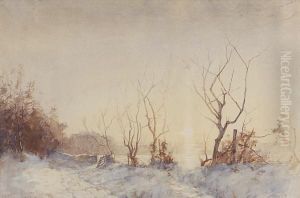Robert Burns Paintings
Robert Burns, also known as Rabbie Burns, the Bard of Ayrshire, and various other names and epithets, was a Scottish poet and lyricist. He is widely regarded as the national poet of Scotland and is celebrated worldwide. He is the best known of the poets who have written in the Scots language, although much of his writing is also in English and a light Scots dialect, accessible to an audience beyond Scotland. He also wrote in standard English, and in these writings, his political or civil commentary is often at its bluntest.
Burns was born on January 25, 1759, in Alloway, Ayrshire, Scotland to a tenant farmer William Burnes. Despite his family's poverty, Burns had access to an education and became well-read. It was during his early years that he began to show an interest in the literature and poetry of his homeland, which would influence his own writing.
In 1786, Burns published his first collection of verse, 'Poems, Chiefly in the Scottish Dialect', which was an immediate success and made him famous across Scotland almost overnight. His works reflected his strong feeling for traditional Scottish culture, and he contributed to George Thomson's 'A Select Collection of Original Scottish Airs for the Voice', as well as James Johnson's 'The Scots Musical Museum', which helped to preserve traditional Scottish songs and promote a Scottish national identity.
Despite his success, Burns struggled financially and continued to work in agriculture and excise (tax collection) even after becoming a celebrated poet. His love life was no less complicated, marked by various affairs and relationships, the most enduring of which was with Jean Armour, who became his wife and bore him several children.
Burns' poetry and songs covered various themes, including love, friendship, work, and politics. Some of his most famous works include 'A Red, Red Rose', 'A Man's A Man for A' That', 'To a Mouse', 'Ae Fond Kiss', and 'Tam o' Shanter'. His work is celebrated for its honesty, wit, and deep emotional resonance, as well as its lyrical beauty.
The poet's health began to decline in his mid-thirties, and Robert Burns died on July 21, 1796, at the age of 37. His legacy, however, has endured and grown over the centuries. Burns Night, held annually on his birthday, celebrates his life and work with traditional Scottish fare, recitations of his poetry, and music. Burns has been an inspiration to liberal and socialist movements due to his work's themes of social equality and his democratic beliefs, and his influence on Scottish literature and culture is immeasurable.
